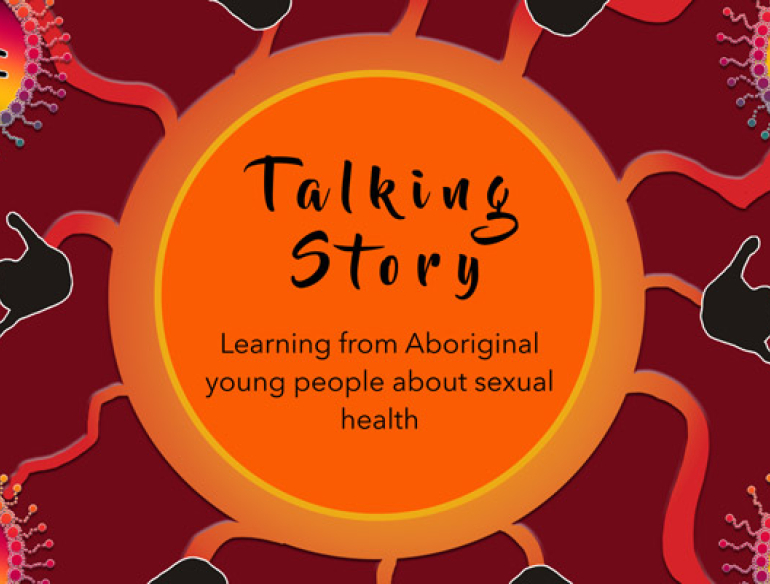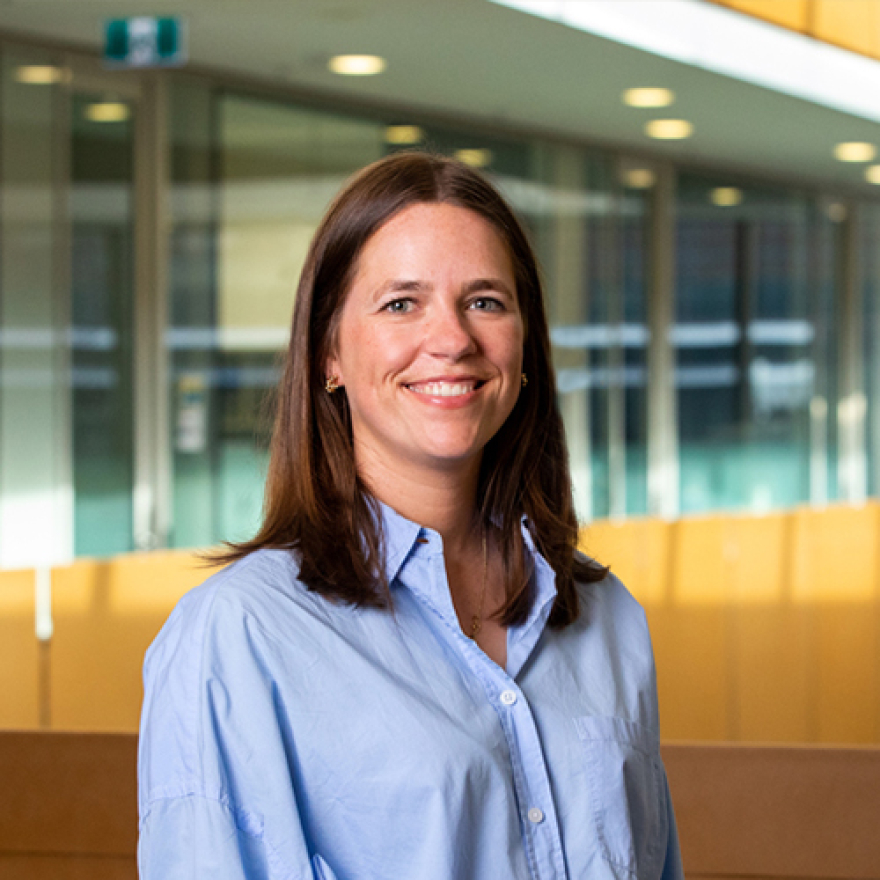In Australia, young Aboriginal and Torres Strait Islander people experience disproportionately higher rates of sexually transmissible infections (STIs) than their non-Indigenous counterparts. Whilst surveillance data is available, there is limited published qualitative literature to examine why young Aboriginal people are more vulnerable to negative sexual health outcomes, or document the strategies they use to reduce sexual health risks and vulnerabilities in their everyday lives. There is no published qualitative literature about these issues in NSW. This lack of research inhibits the design of safe, appropriate and youth-centred health services and programs to prevent HIV/STIs in young Aboriginal people in NSW.
Funded by the NSW Health Prevention Research Support Program (PRSP) (Round 5, 2017-2021), this study will build a locally relevant, peer-reviewed qualitative evidence base about the sexual health of Aboriginal young people, and how best to work with Aboriginal young people to improve their sexual health outcomes. Through the conduct of state-wide qualitative research projects in partnership with young Aboriginal people and with organisations who are working with Aboriginal young people in NSW, and annual training courses and ‘on the job’ capacity building, the proposed activities will address increasing health risk and vulnerability in young Aboriginal Australians in NSW.
Qualitative research will be conducted in a range of NSW communities in close partnership with health/youth organisations. Peer-led, visual and participatory qualitative research methods will be used to engage young Aboriginal people as researchers to gather local experiences and perspectives around HIV/STI prevention. Young Aboriginal people will be trained in research skills – conversational interviewing, data management, research ethics, and data interpretation – to be able to conduct research with peers from their own social networks. In addition to short-term employment of young people, ‘on the job’ capacity building will be provided for Aboriginal health workers and other partner organisation employees.
The desired outcome of this project will be ongoing support for the development of appropriate programs and services that reduce transmission and the negative health consequences of HIV/STIs in young Aboriginal people. The project will also result in the development of a network of young Aboriginal researchers, and health workers with qualitative research skills that can be applied to future projects around young Aboriginal people and in the wider health field.

